DBDL team
Cross-disciplinary
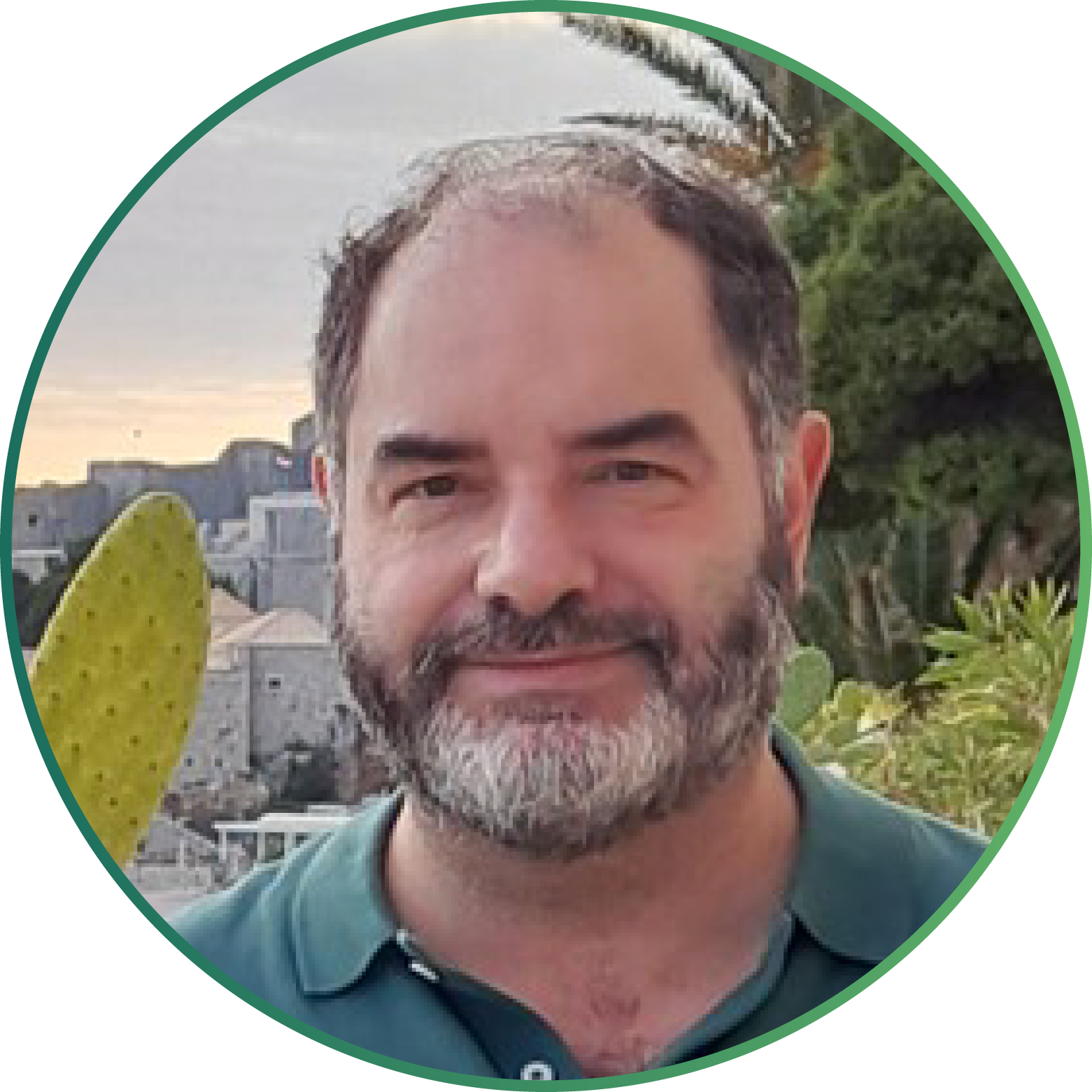
Pablo Carbonell
DBDL scientific director
Pablo Carbonell leads the Automated Biofoundries and Smart Biomanufacturing research line at the ai2 Institute, Universitat Politècnica de València, and is a visiting scientist at I2SysBio (CSIC-UV). His research interests focus on automated design for metabolic engineering and synthetic biology. He develops machine learning and automated Design-Build-Test-Learn (DBTL) engineering solutions for sustainable biofoundries. Some of his other interests are hiking trails, food, past modern music, fiction, philosophy, and math podcasts.
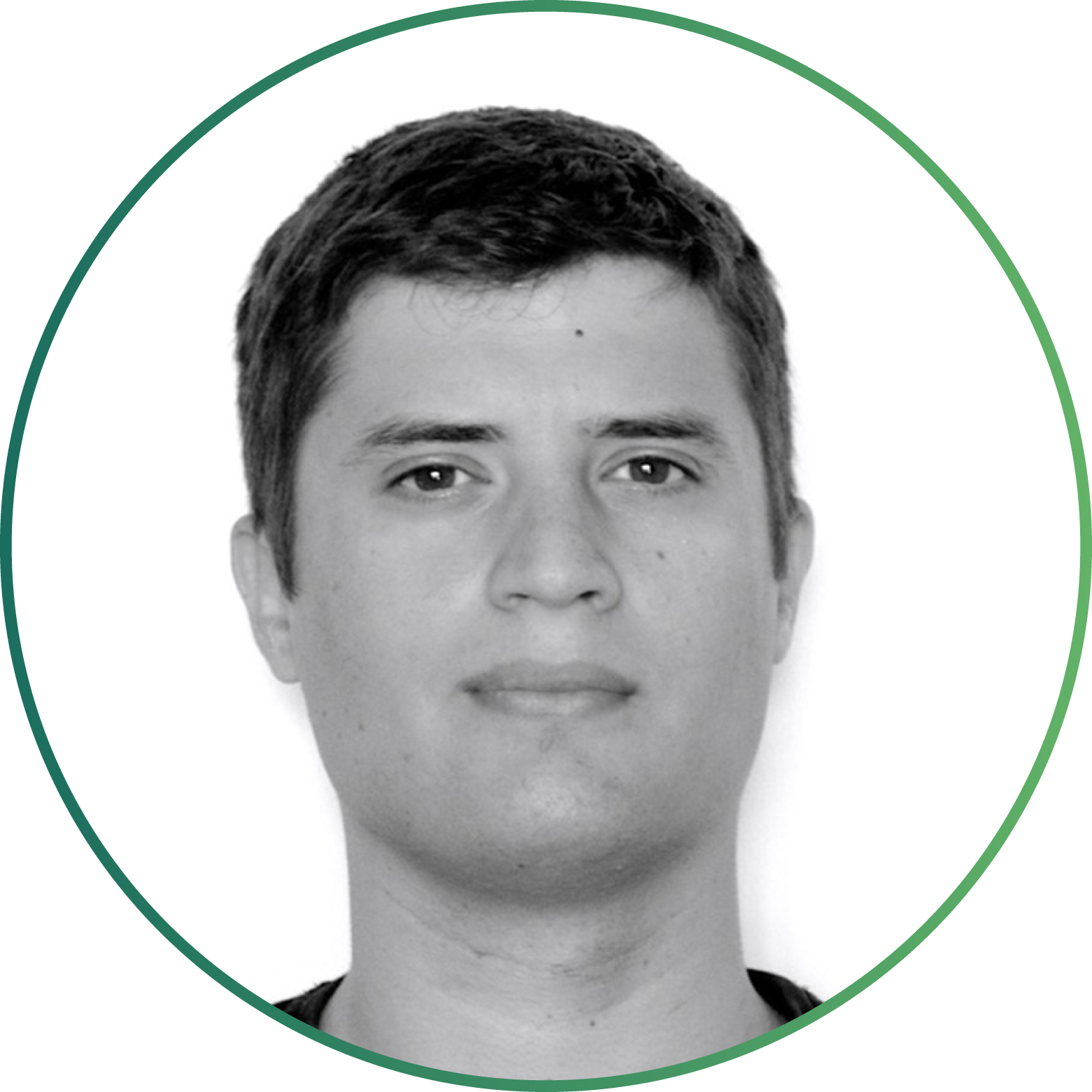
Jonathan Tellechea-Luzardo
Marie Skłodowska-Curie Fellow postdoctoral fellow researcher
Jonathan is a Marie Skłodowska-Curie Fellow researcher with a PhD in Synthetic Biology from Newcastle University. He is currently working on BioCircus, which aims to create autonomously controlled microbial strains for bioproduction, using naringenin as a proof-of-principle production molecule. Jonathan is focused on constructing biosensor and dynamic regulation circuits that measure and control the production of the target molecule, to improve the efficiency and scalability of the strain engineering process.
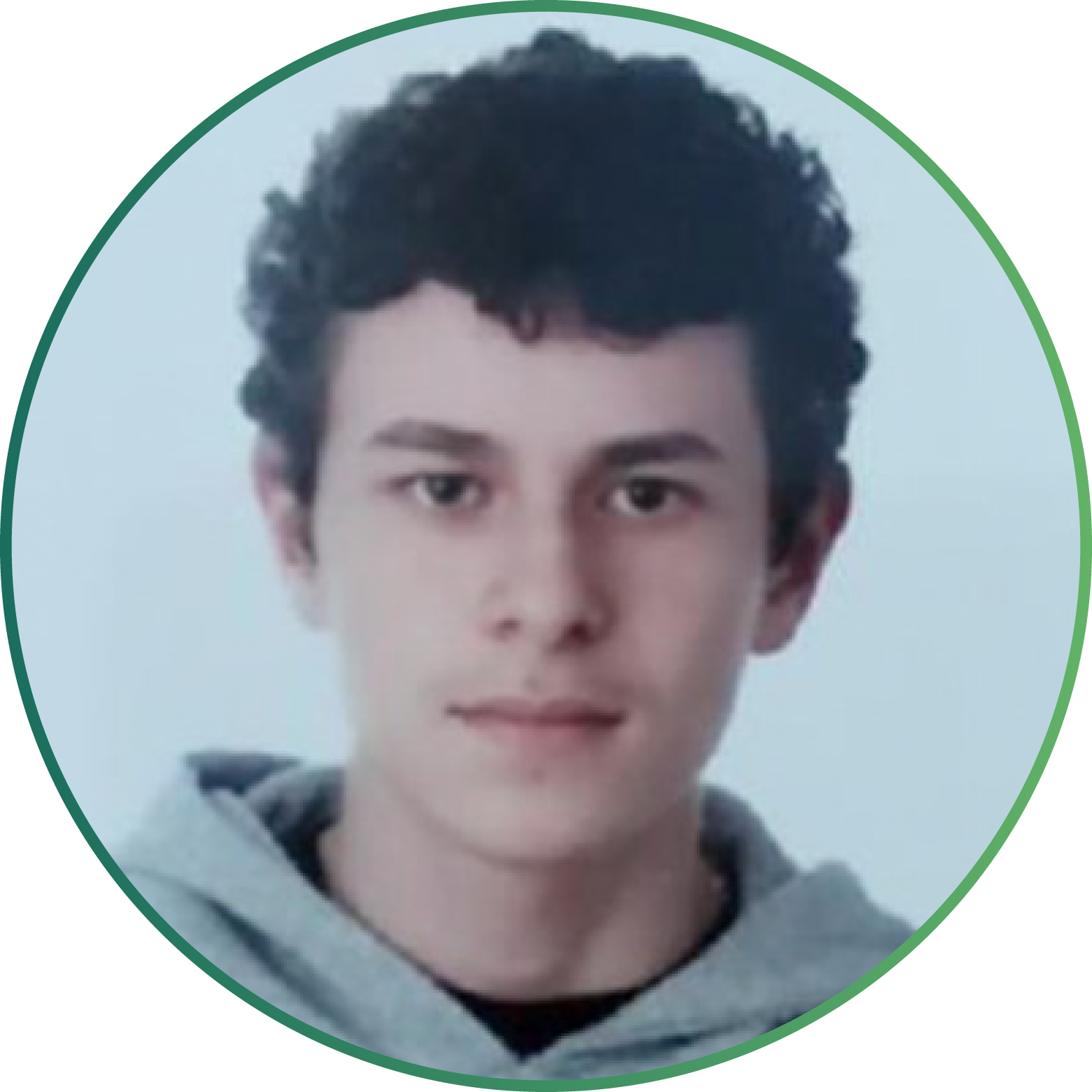
Hèctor Martín
PhD candidate SmartBioFab
Hèctor is studying a master in automation and industrial computing at Universitat Politècnica de València. (UPV). His PhD Thesis aims to expand the design space of biomanufacturing processes to encompass virtualization, machine learning-based exploration, and automated workflow development. The Thesis explores approaches aimed at replacing current chemical industrial processes through the rational and sustainable use of biodiversity resources by means of automated processes using robotic lab platforms and rational design.
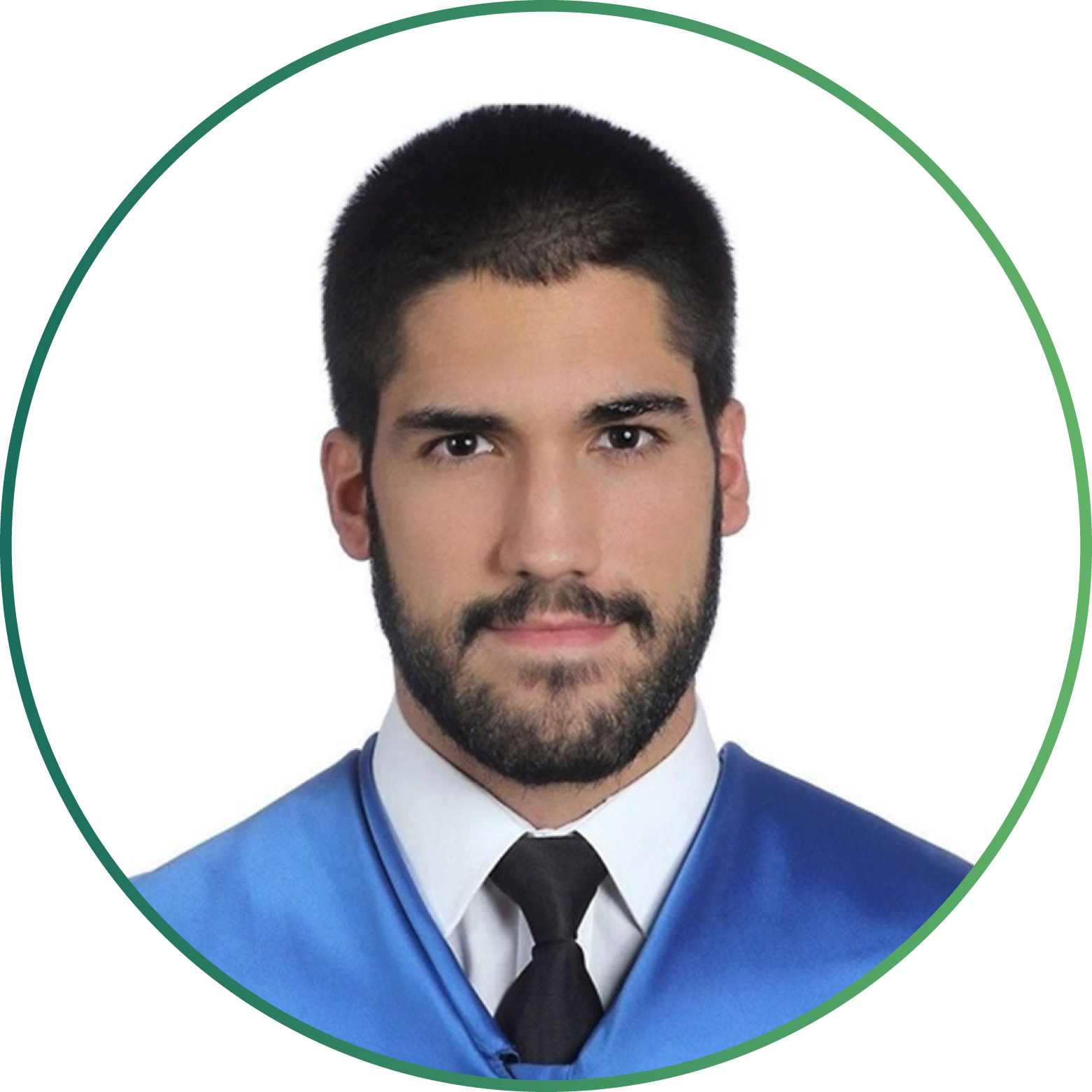
Christian Fernández
PhD candidate
After finishing his undergraduate degree in Mathematics and his master’s degree in industrial mathematics, Christian is currently working on his PhD project in Mathematical Methods and Numerical Simulation. His research consists of developing, by means of control theory methods, nonlinear analysis and PIDE models, analysis and control strategies for biomolecular networks and biocircuits in presence of high molecular noise, understanding the emergent properties in presence of noise, and controlling cell populations in different scenarios of interest in systems and synthetic biology.
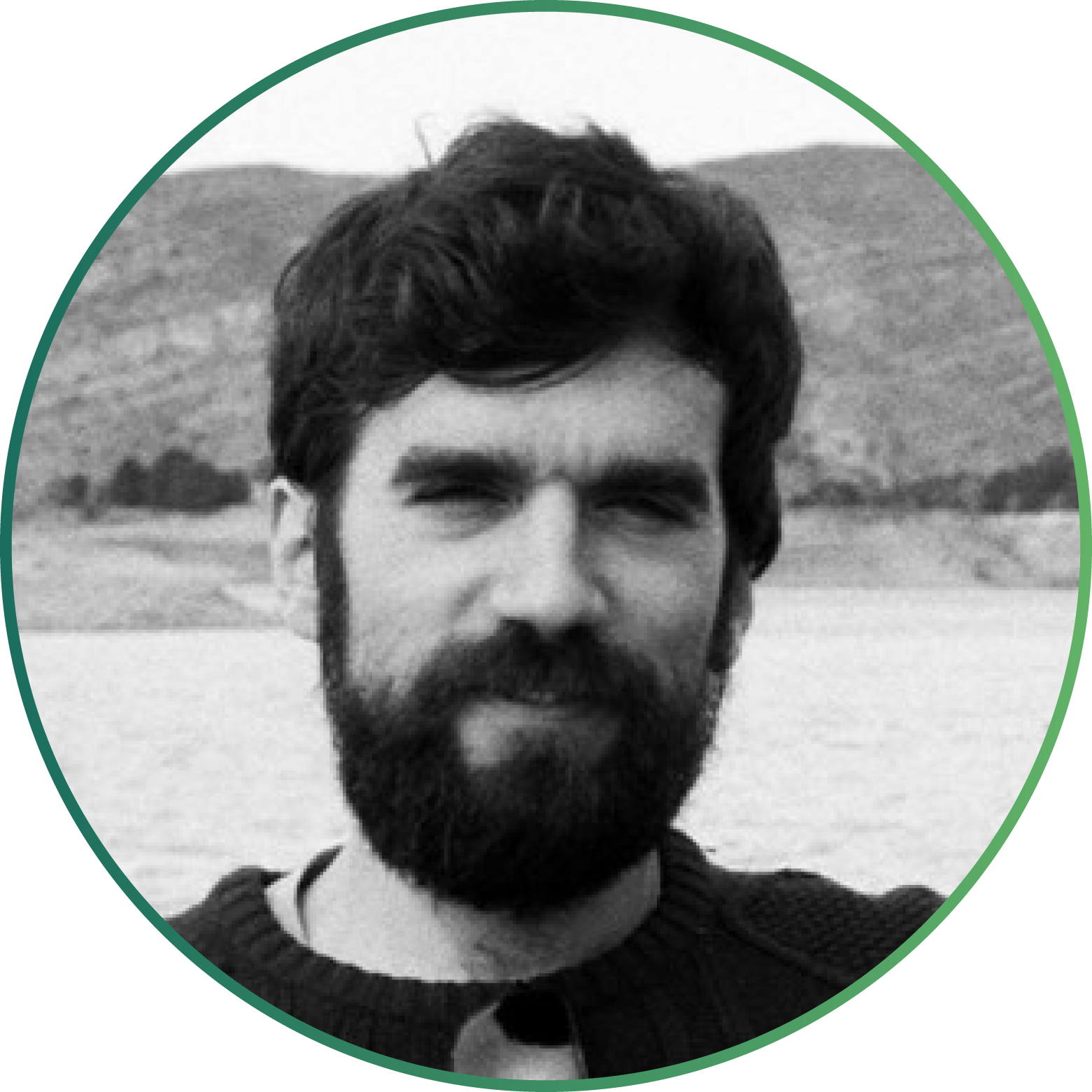
Guillermo Climent
Master thesis Data science UV
Guillermo holds a bachelor’s degree in biotechnology from the Universitat Politècnica de València (UPV) and a master’s degree in bioinformatics from the Universitat de València (UV). He has multiple years of working experience in the private sector as a bioinformatician and data scientist. Currently, Guillermo is completing his master’s thesis to obtain a master’s degree in data science (UV) by bridging his interest in Astrobiology with his data analytics and machine learning skills. Concisely, his current research is focused on exploring metabolic capabilities that can be useful for setting up a biofoundry on Mars from a data-driven perspective.
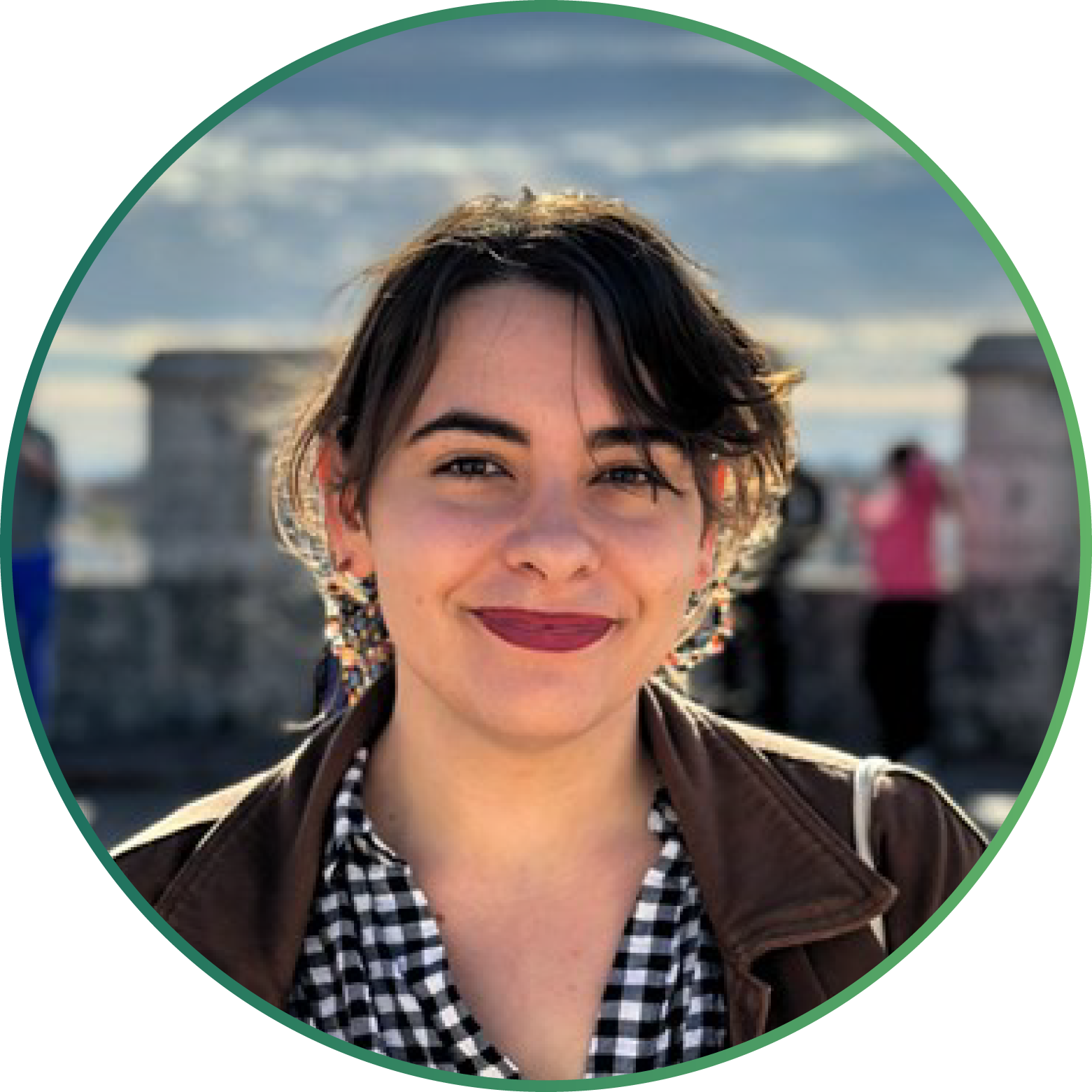
Lorena Martínez España
Research assistant BioEcoDBTL
After graduating as a biotechnologist in 2021, specialising in Systems Biology, Protein Technology and Bioinformatics, Lorena started a master’s degree in bioinformatics at the University of Valencia, specialising in mathematical modeling in model organisms. She is currently working in the BIOECODBTL project in Dynamics BioDesign Lab. Her tasks are based on the use of bioinformatics tools and databases to study the metabolic space, with the aim of obtaining more information about molecules with industrial interest, aiming at the discovery of new molecules that can be useful in fields such as Pharmacy, Cosmetics or Agrifood.
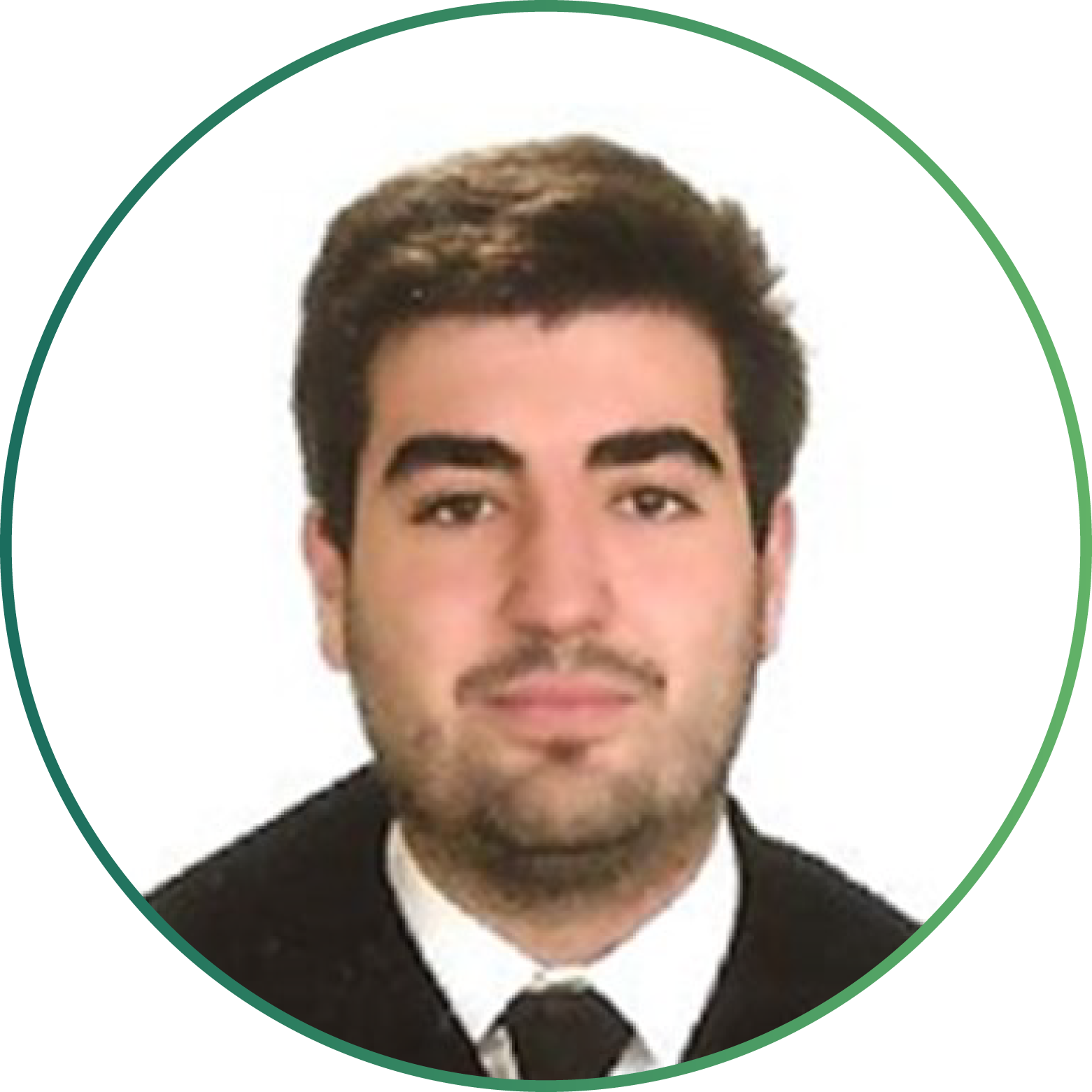
Ricardo Marín
Research associate BioEcoDBTL
Ricardo Marín has a degree in industrial and automatic electronic engineering and in business administration and management, as well as a master’s degree in biomedical engineering from Universitat Politècnica de València (UPV). He has carried out academic research work related to computational modeling of biological processes associated with areas such as electrocardiography and neurodegenerative diseases. He has recently joined the Automated Biofoundries and Smart Biomanufacturing research line at AI2 Institute, Universitat Politècnica de València, to contribute to the development of machine learning and automated Design-Build-Test-Learn (DBTL) engineering solutions for sustainable biofoundries. His main professional and research interest is the application of mathematical and computational formalisms to the understanding and improvement of biochemistry, synthetic biology, and metabolic processes. Additional interests include reading fiction and non-fiction, popular science podcasts, sports, music, philosophy, films, and video game programming and design.
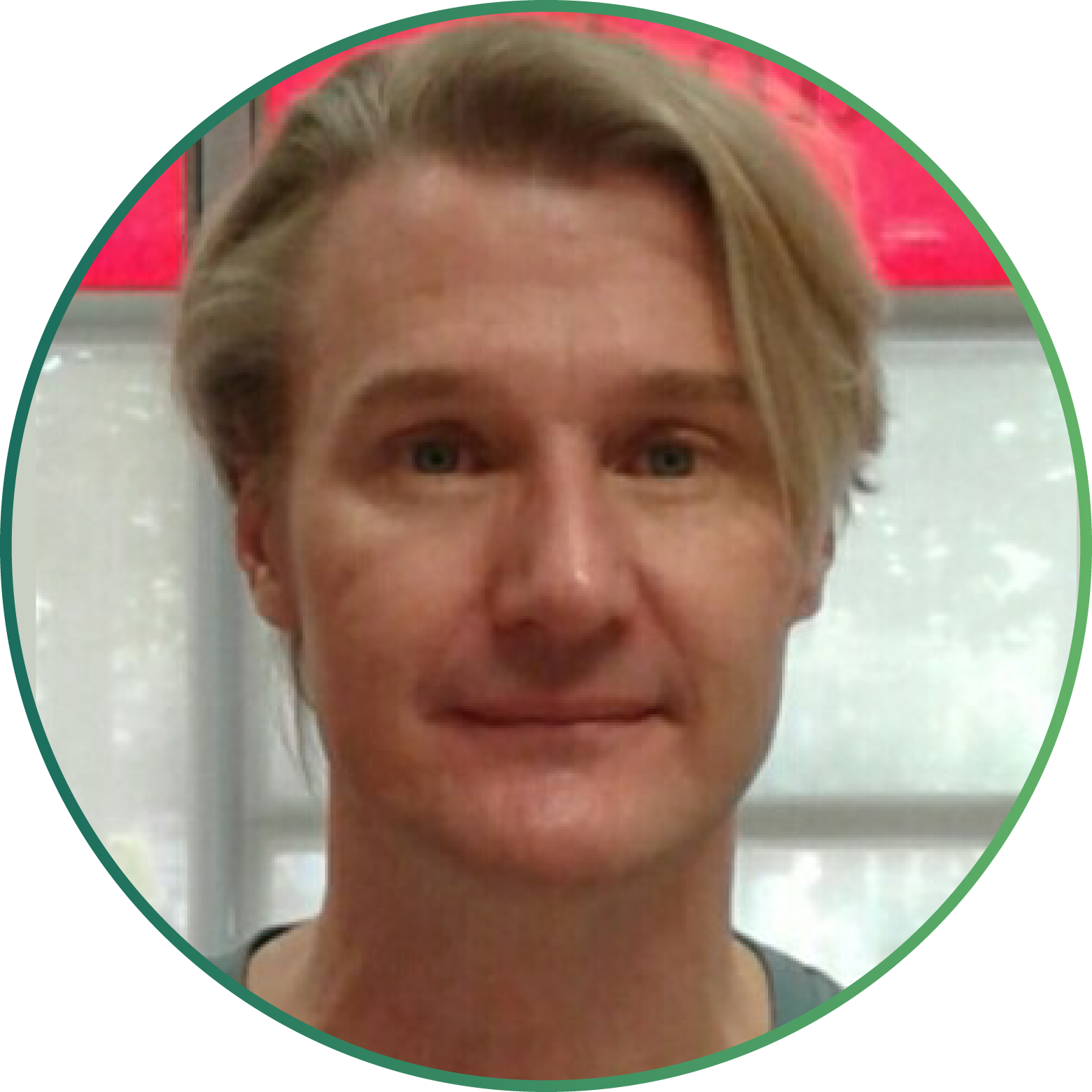
Martin Stiebritz
María Zambrano postdoctoral fellow
Martin is a María Zambrano Fellow distinguished researcher at the AI2 Institute, Universitat Politècnica de València. Former researcher at University of California, Irvine. PhD in Computational Biology and Bioinformatics from Univ. of Erlangen, Germany and former lecturer/senior researcher at ETH Zurich.
Former members
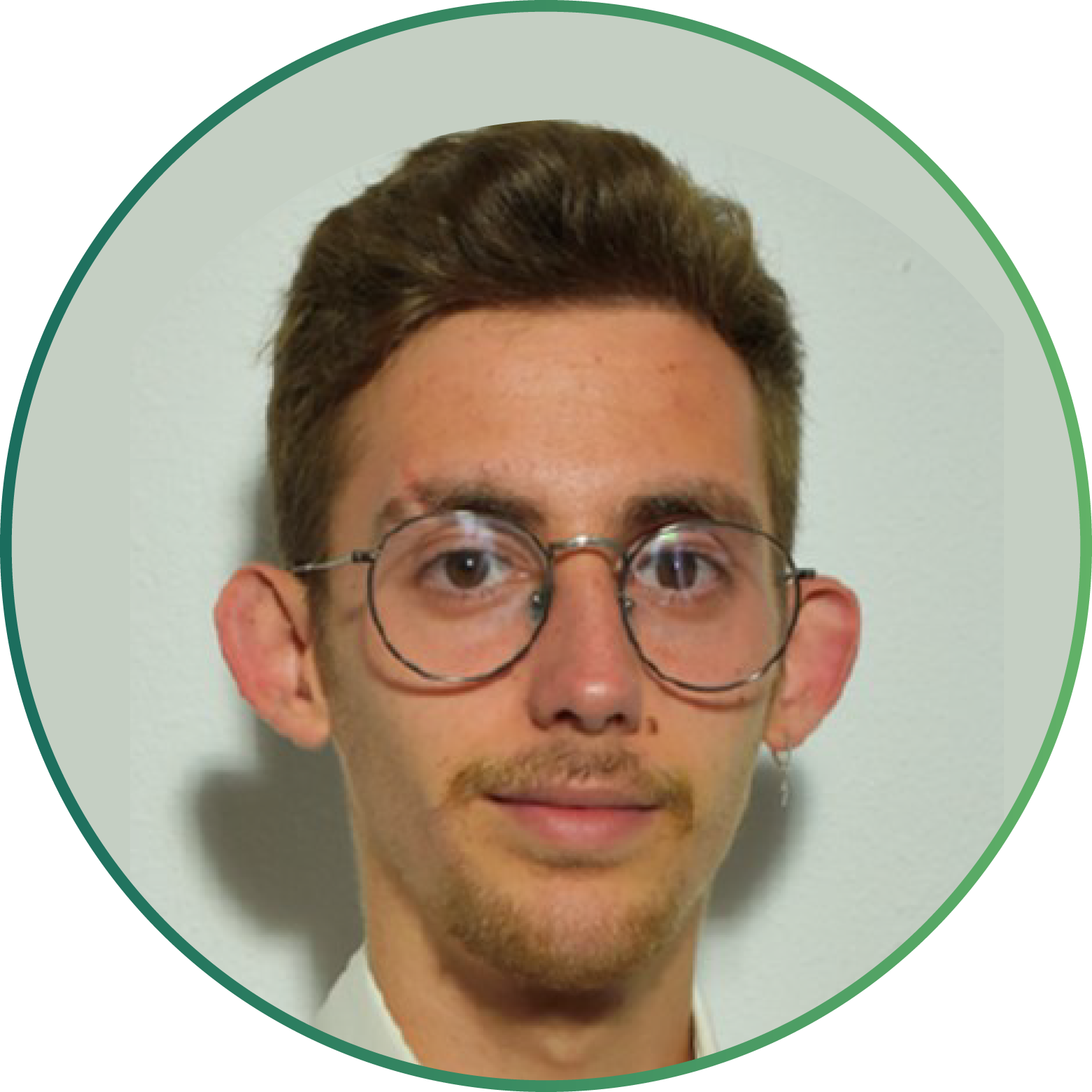
Raúl Moreno López
AI2 industrial internship
Raúl is completing his master’s thesis consisting of developing a tool for translating lab protocols in a biofoundry into standardised instructions for robotic platforms. The objective of his project is to develop and apply optimization strategies and machine learning techniques in the automated biomanufacturing environment. The master’s thesis will focus on the development of machine learning tools based on experimental protocols of the learning phase of the Design-Build-Test-Learn (DBTL) cycle of biomanufacturing centers or biofoundries.
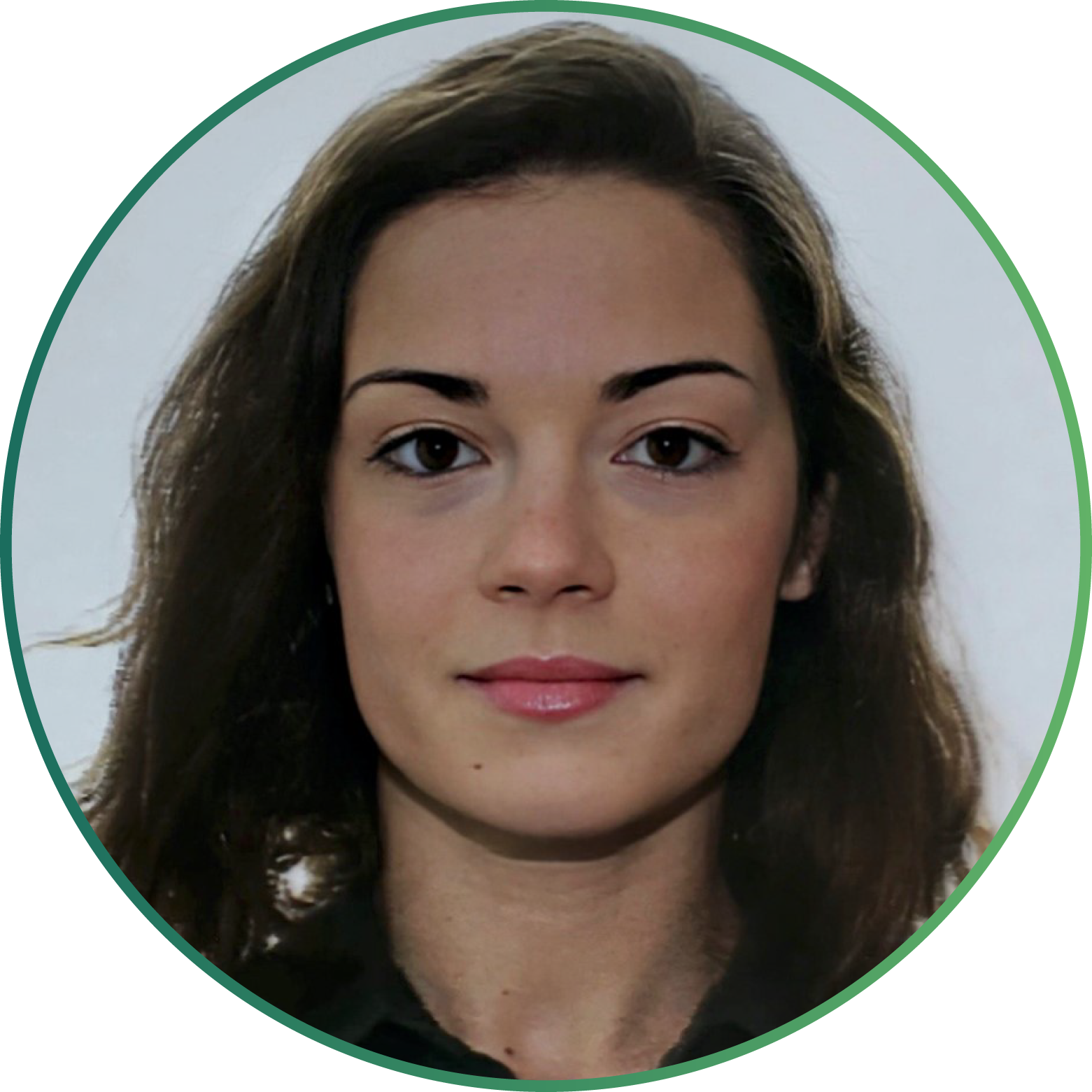
María Camarena
AI2 industrial internship
María is currently studying at University of Amsterdam. The first project in which she was involved was focused on improving the enzyme selection tool Selenzyme. Their main objective was to create a data extension (related to taxonomic distances) of what Selenzyme already returns. The second project included plasmid assembly of an existing library and its subsequent data processing with machine learning algorithms in order to find new plasmid sequences that combine different RBS, promoter, plasmid, and origin of replication.
Join us!
Take your next professional step in the DBDL group!
Open Internship Position on Industrial Biomanufacturing Integration
An ai2 internship “Integration of simulation tools and design of industrial biomanufacturing processes in a workflow platform” opportunity is now open. The objective of this internship is to familiarize the student with computational tools and integration systems to develop new biomanufacturing workflows, for the design of genetic circuits, biosensors, regulation systems, design of experiments and process optimization. You will be trained in applied research: Search and compilation of computational design tools; Development of new tools; Integration of tools in the platform; Implementation of a workflow for future development of new tools. Depending on the student’s profile, the activities may be more focused on the development of workflows, simulation tools, or design tools.
With a duration of 10 months, a gross remuneration of €400/month and a maximum dedication of 15 hours per week, the internship is aimed at students in their final degree and master’s courses at the UPV. Those students who want to apply for this company internship must send motivation and a summary CV to pablo.carbonell@upv.es (responsible professor, Pablo Carbonell), between May 24, 2024 and June 30, 2024.
More information on the ai2 website and on the research group’s website.
Open Job Position on Computational Biomanufacturing for Biofoundries
A new opportunity to work in Computational Biomanufacturing funded by a research grant in collaboration between the Polytechnic University of Valencia (UPV) and the Institute for Integrative Systems Biology I2SysBio (CSIC-UV) is opened. The goal is to improve the efficiency of the automated Design-Build-Test-Learn (DBTL) cycle for microbial production processes by using machine learning, predictive modeling and optimal design of experiments Otero-Muras et al. Metabolic Engineering, 2021 Tellechea-Luzardo et al.Trends in Biotech, 2022.

